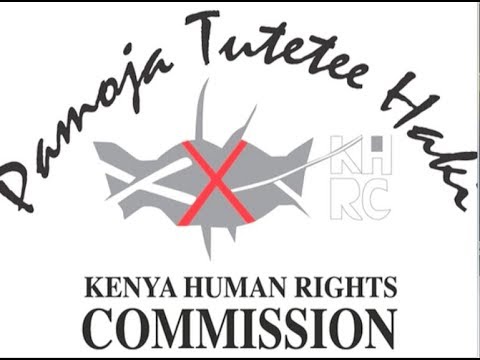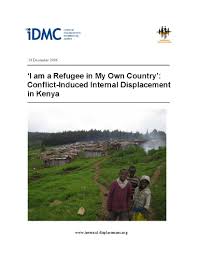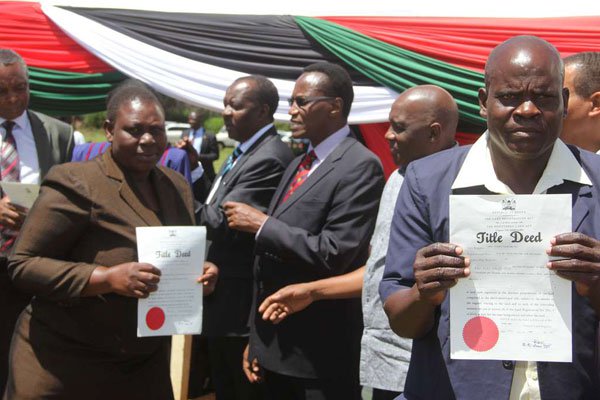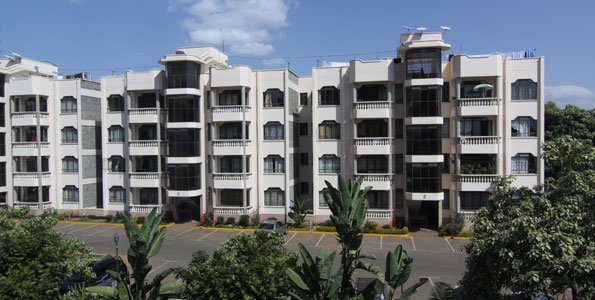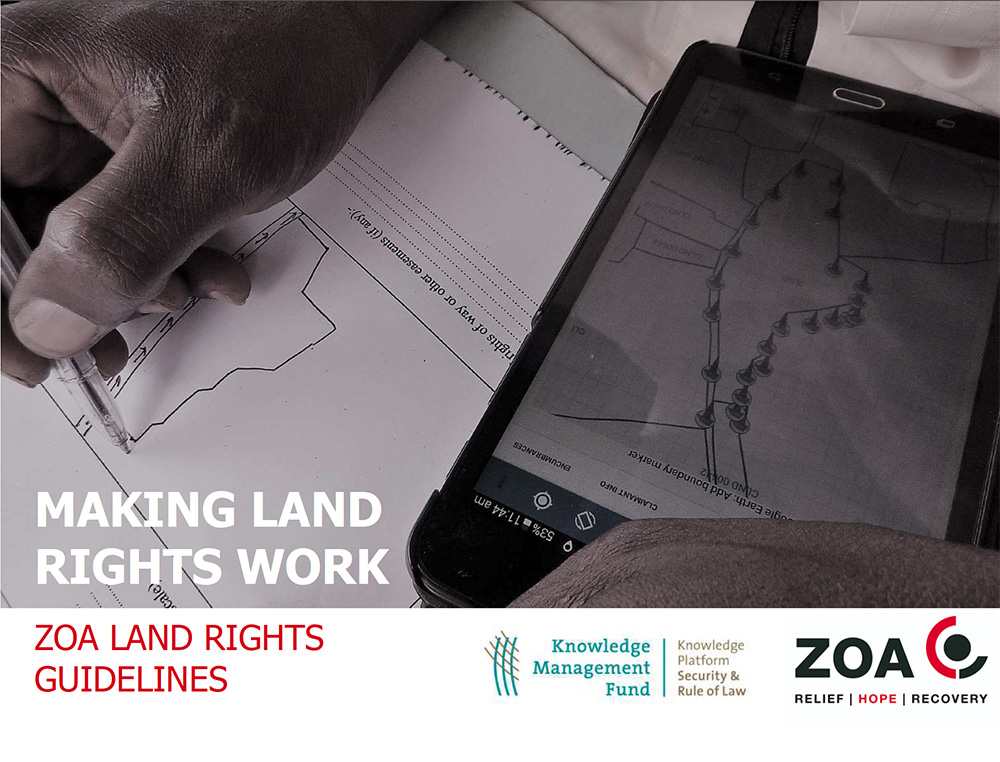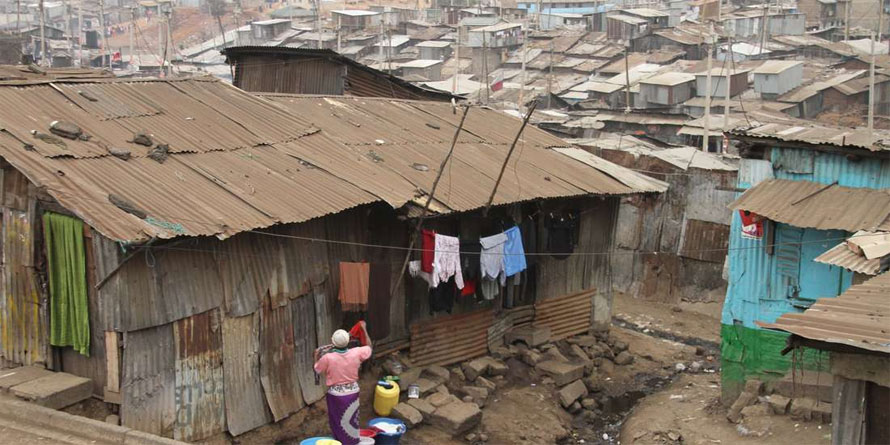Forced Evictions in Kenyan Cities
Forced evictions are widespread in Kenyan cities and are, on the surface, caused by conflicts in land rights, non–payment of excessive land and house rents, and urban redevelopment. But, more fundamentally, evictions are due to factors embedded in the country’s political economy, in particular, the grossly inequitable land ownership structure which makes it difficult for the poor to access land and decent shelter. Evictions cause significant socioeconomic hardship to individuals, affecting cities and whole nations.


